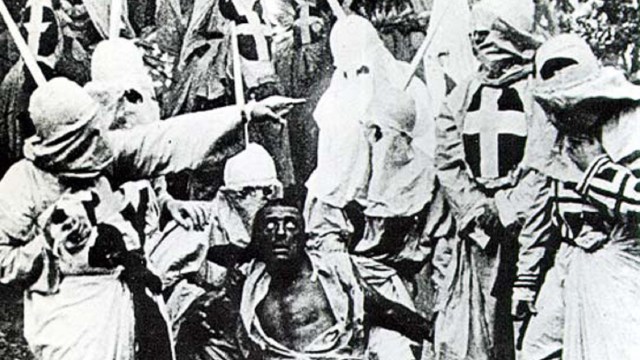Rich or Poor, We All Make Unethical Choices (Just for Different Reasons)

Rich or poor, we all make unethical decisions. But Kate Wheeling from Pacific Standard has summarized a recent study, finding that different socioeconomic classes make these choices for different reasons.
So, what separates the rich from the poor? For Derek Rucker, a marketing professor at Northwestern University and co-author of the study, it’s all about the perception of power.
In the team’s research, they found that the poor were more likely to commit an unethical act when it benefited others, whereas high-society folks would commit a nefarious act when it benefited themselves.
“It changes our understanding of why those in a high social class might commit unethical acts. One perspective is that they’re just unethical bad people. Our perspective is that they’re a little more prone to be selfish, and so that leads to unethical behavior when it benefits the self.”
To test this idea, researchers had subjects play a game of dice, where if players rolled a 14, they were either entered into a lottery to win a prize or they would have to nominate someone else. The game was rigged, so it was impossible to roll a 14—only a 12. However, that didn’t stop those who saw themselves higher up the social ladder from cheating when there was the possibility of being entered into a lottery. But they were less likely to cheat when put in a position where they had to nominate someone else. For the poor participants, the situations were reversed—they were more likely to cheat when they could nominate someone else and less so when they would be entered in the lottery.
In summary, it was not social status that motivated these people, but the difference between independence and dependence. The researchers suggest that power increases independence, so those in a position of power are more focused on the self. Whereas the powerless are more dependent on the charity of others to get them by.
“Don’t take away that just because you feel powerful or powerless, or because you’re high in social class or low in social class, that that is deterministic of how you’ll behave. This is one factor that can contribute to people’s actions.”
In a writing exercise, researchers were able to manipulate people’s sense of power, which made the lower-society participants more apt to lie and cheat for their own gains. This result has made the researchers believe that these unethical tenancies could be manipulated through targeted messaging to deter such unethical behavior.
Read more at Pacific Standard
Photo Credit: Shutterstock





